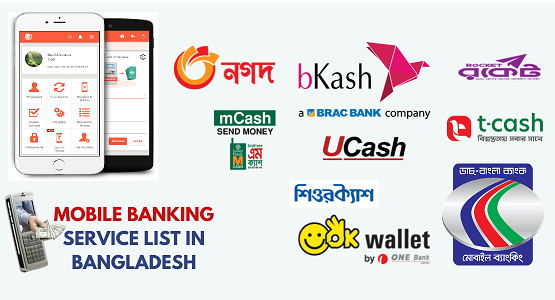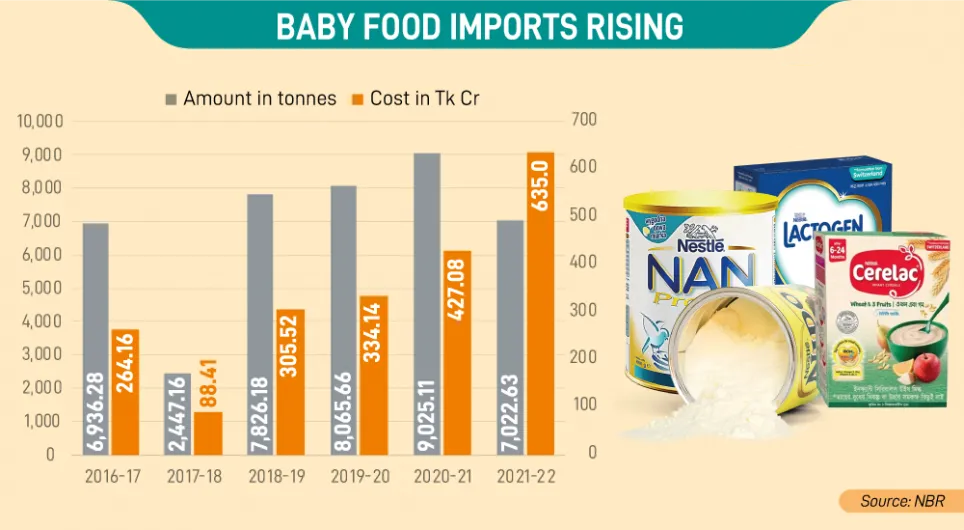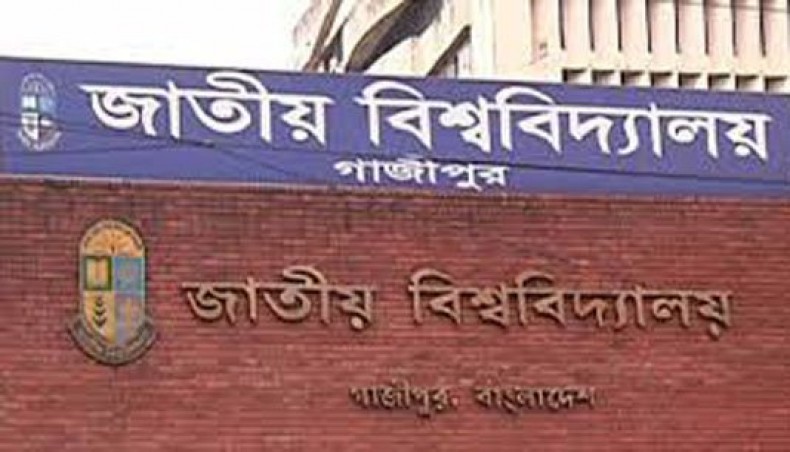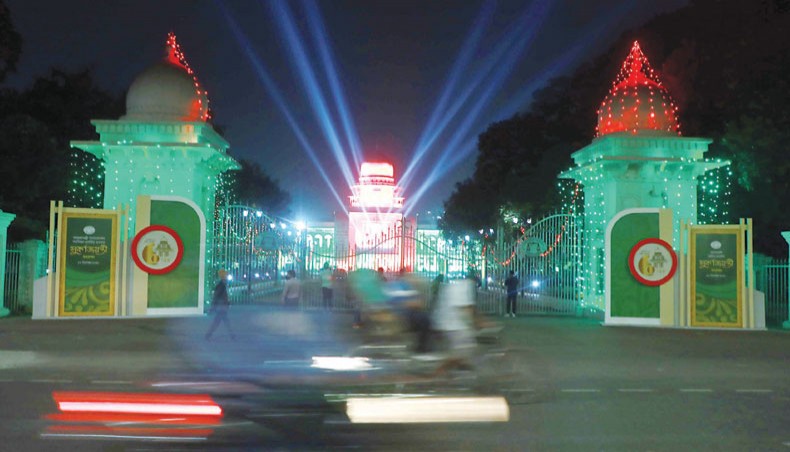Mobile banking frauds are going on unabated as fraudsters are blending old tactics with new technologies to steal money from mobile banking accounts.
Taking advantage of the widespread use of mobile banking services, scammers continue to target vulnerable users, mostly illiterate persons and those with little knowledge about technology.
According to sources of law enforcement agencies and victims, the gang members collected the mobile banking accounts by bribing the agents while a section of unscrupulous employees of mobile banking service providers also give the customers’ account information to the fraudsters.
The corrupt agents or employees would instantly provide the gangs with account details if any big transaction took place through mobile banking.
Then the fraudster gang calls the account holders from cloned SIM-cards similar to the mobile banking service provider, introducing themselves as customer care officials.
The users are asked to dial codes or to click the links provided in the masked messages. Money from the account would get stolen once the user dialled the code or clicked the link.
In the guise of customer care officials, the fraudsters also make calls from cloned SIM-cards similar to the clients and collecting PIN numbers through various tricks.
As soon as the clients shared their PINs, the syndicate transfers the money to their accounts.
Allegations also found that the fraud gangs are extracting huge money from mobile phone users promising false offers and impersonating shortcodes of mobile money transfer services, especially bKash.
The scammers send masked SMS or make phone calls to the account holders informing them that they have won a lottery or an offer, and that they need to pay a certain amount of money to avail of the gifts.
The thugs sometimes tell the subscribers they have mistakenly sent money to their mobile wallet and ask for returning the amount following certain instructions. Those who act as per the unknown callers’ instructions, lose the money from their accounts.
According to Bangladesh Bank, currently, 15 banks are offering mobile banking services while the number of registered clients are 887 lakh in the country.
Numbers of the daily average transaction is 85 lakh while the average transaction is Tk 1,494 crore in mobile banking.
Najmul Islam, Additional Deputy Commissioner of DMP Cyber Security and Crime Division, told the that they are receiving reports of a large number of cybercrimes including mobile banking frauds.
Mentioning that being careful is the only way to avoid these scams, the official said mobile financial service providers should increase the security of the account holders.
“We have enough technological tools to monitor the online-based crimes but need more training and manpower in this regard to strengthen the surveillance,” he added.
Faruk Ahmed Abir, a private job holder, recently found his Bikash account blocked. Soon after that, he got a call from +16247. The caller introducing himself as an official of customer care informed him that his account blocked based on an allegation.
Later, the caller sends a code through SMS and asked him that the allegation against him withdrawn and want to know the code numbers to reactive his account.
Soon after proving the code, the fraudsters took away of Tk 36,991 from Abir’s bikash account.
Like Abir, many users of mobile banking are losing their money every day.
Recently, Rapid Action Battalion (RAB) arrested 13 members of a fraud gang, who had misappropriated more than Tk 1 crore from mobile banking users in two months.
Rab’s Legal and Media wing director Lt Col Sarwar-Bin-Quashem said at least eight groups are active to steal mobile banking money through forgeries.
The mobile banking fraudsters became more active during the COVID-19 pandemic when the use of mobile banking services has increased, he added.















